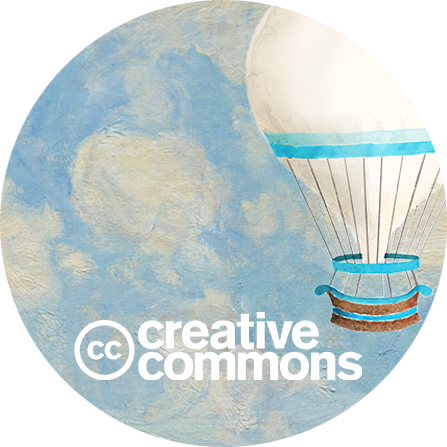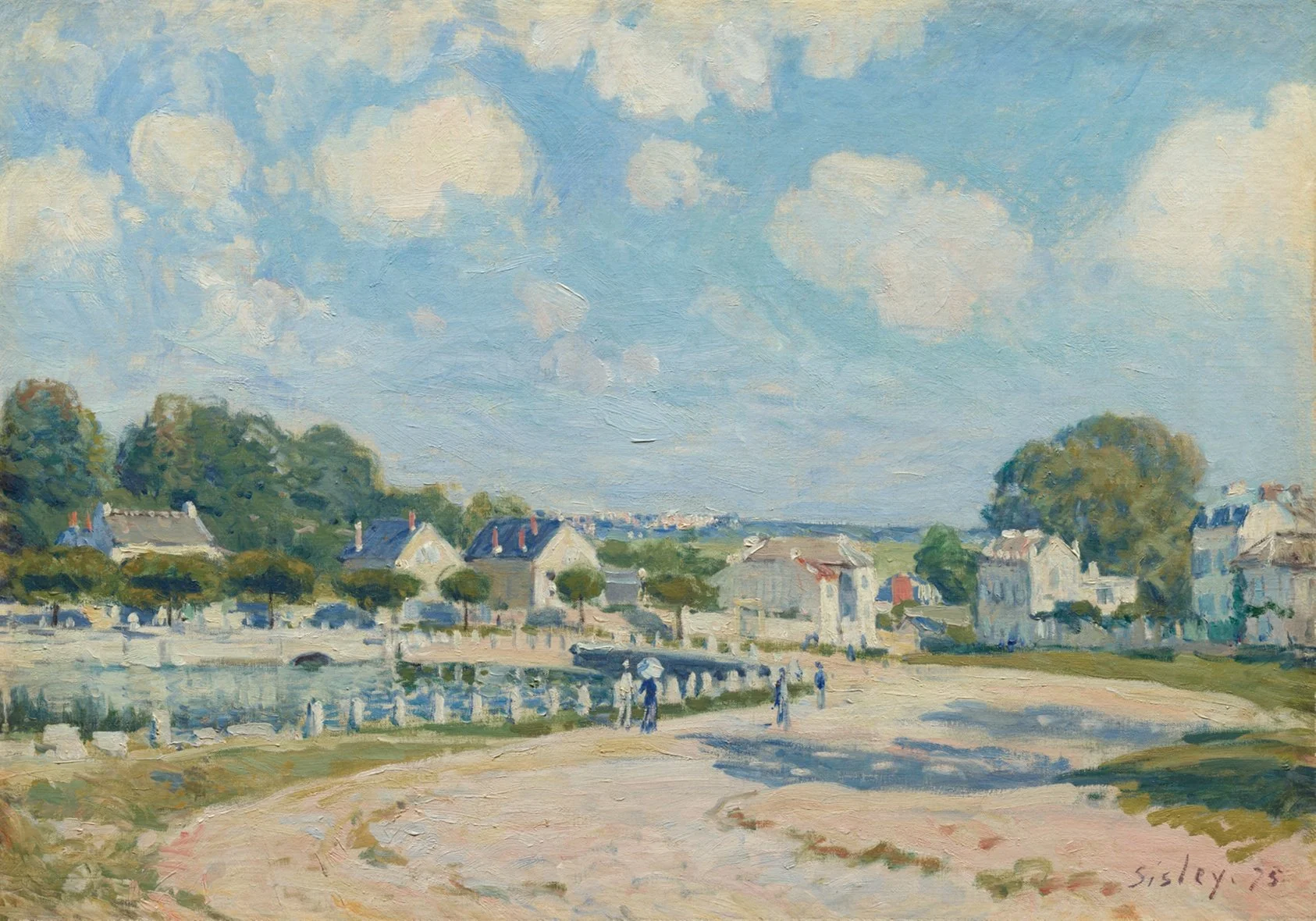Open Heritage Statement
A global call for equitable access to public domain heritage in the digital environment.
The Open Heritage Coalition (previously known as TAROCH - Towards a Recommendation on Open Cultural Heritage), convened by Creative Commons, was formed to advance equitable access to heritage in the public domain. The Coalition developed the Open Heritage Statement to affirm shared values, identify barriers to access, and champion the power of open heritage to spark creativity, strengthen cultural rights, and support sustainable futures. The Statement seeks to catalyze an international dialogue toward a UNESCO framework that will secure equitable access to public domain heritage in the digital environment in order to uphold the right to participate in cultural life and affirm culture as a global public good.
Act now to support a future where everyone can access, enjoy, and build upon our shared heritage
Take Action
Governments, organizations, and institutions are invited to voice their support by signing the Open Heritage Statement.
Individual support is also paramount. If you do not represent a government, organization, or institution but still wish to support the Open Heritage Statement, please fill out this form.
Other ways to get involved:
Organizations and Institutions are invited to join the TAROCH Coalition’s local advocacy efforts.
Join the Creative Commons Open Culture Platform, a space where you can share resources, enhance collaboration, and raise awareness about open access to digital cultural heritage, working alongside professionals from cultural heritage institutions and open advocates.
We encourage policymakers and stakeholders to engage in a dialogue towards the promotion of equitable and open access to public domain heritage and for addressing the numerous undue and unfair barriers to such access.
Together, we can advance a shared vision for open access to heritage in the public domain.
"Watering Place at Marley" by Alfred Sisley, 1875, CC0, Art Institute of Chicago, remixed with "TAROCH balloon" by Creative Commons/Dee Harris, 2025, CC0.
Why Sign the Statement?
A Call for a Global Standard for Open Heritage
Benefits of Access
To understand our present, we need to know our past: our memories, our history, our heritage. When heritage is open, equitably accessible and reusable, it sparks new narratives across diverse contexts, nurtures collective memory, advances digital equity, and invites people to transform yesterday’s heritage into today’s creativity and tomorrow’s innovation. Access to heritage is vital for cultural participation, creativity, and sustainable development.
Barriers to Access
Over the last two decades, digital access has expanded, but unfair and unnecessary legal, technical, economic, and social barriers still limit public engagement with heritage in the public domain.
From wrongful copyright claims and technological locks to prohibitive fees, these obstacles prevent people from meaningfully connecting with their own history, leaving critical pieces of our shared culture out of reach.
These barriers weaken the foundations of cultural participation, digital inclusion, and open knowledge societies that support the achievement of UN Sustainable Development Goals.
Open Solutions to Remove Barriers
We know that open solutions can help remove such barriers and enable everyone to tell the stories of our shared humanity. The benefits of open heritage show what becomes possible when barriers are removed and heritage in the public domain is openly accessible. From advancing cultural rights and digital equity to fueling education and scientific research and discovery, open heritage generates ripple effects across society. And as the world faces multiple challenges, open heritage is all the more critical if we want to sustain resilient, free and democratic societies, strengthen fundamental freedoms, and foster the production of new solutions to the world’s biggest problems.
Open heritage can prompt curiosity, unlock creativity, spark imagination, spur artistic experimentation, and nurture the contemporary art scene. It allows artists, creators, designers and creative entrepreneurs to have a fresh take on our shared heritage. Open heritage is essential if we want people to be able to interrogate humanity’s cultural record, participate in cultural life, and enjoy the arts without barriers and on equitable terms.
Why a UNESCO Recommendation?
Yet without global alignment, the full potential of open heritage remains out of reach and many cultural heritage institutions remain ill-equipped to provide equitable access. An international standard could unlock that potential by giving cultural heritage institutions a shared framework, mobilizing resources, and enabling collaboration worldwide for more equitable access to heritage.
UNESCO is uniquely positioned to provide this alignment through a standard-setting instrument. Its Recommendations establish shared principles that Member States adapt into national laws, creating consistency and clarity across borders. This approach has proven successful:
Documentary Heritage (2015): Strengthened preservation and access policies, including for digital archives, through the Memory of the World program.
Open Educational Resources (2019): Stimulated the adoption of national OER policies, the building of public access repositories, and funding mechanisms.
Open Science (2021): Sparked regional action plans, new tools for open data, and a global monitoring framework already reshaping how science is shared.
A UNESCO Recommendation, or other standard-setting instrument, on open heritage in the public domain could establish shared principles for access, guide cultural heritage institutions, give Member States common standards, and enable cross-border collaboration to enable everyone to tell the stories of our shared humanity.
Sign the Open Heritage Statement
Governments, institutions, and organizations that align in principle and in practice with the mission statement laid out in the Statement of Commitment, as well as with the Open Heritage Statement’s intent, purpose, goals, values, and the context in which it was drafted, are invited to sign by completing the form below. Once your submission has been reviewed, you will receive a confirmation email from the Open Heritage Secretariat.
Individuals cannot sign the Open Heritage Statement, but they are warmly invited to show their support and get involved in other ways.
Approved signatories will be listed publicly on the website’s “Signatories” page.
Looking for more information? Explore the FAQ.


